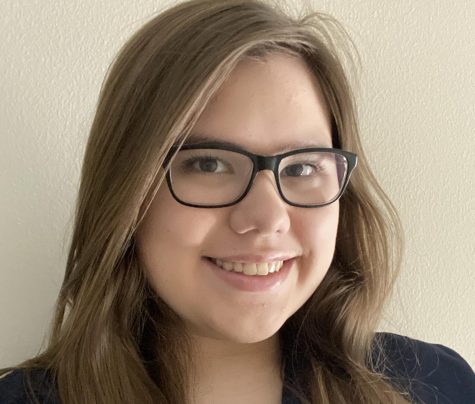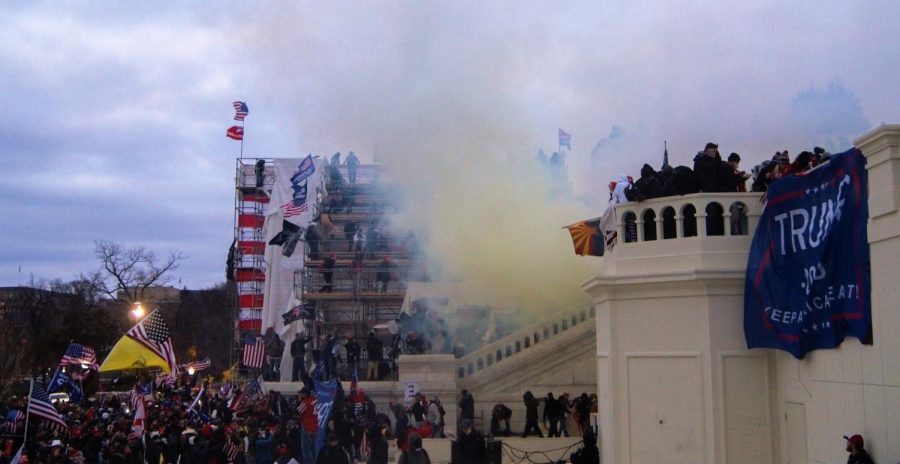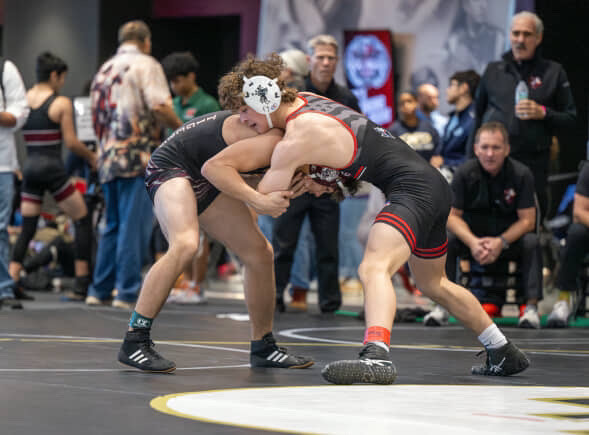SJS community reacts to Capitol insurrection
Juniors and seniors were attending virtual classes as Trump supporters stormed the nation’s Capitol. Incited by the president’s rhetoric about election fraud, the rioters breached the Capitol while Congress was counting the electoral vote.
Piper Edwards was watching CNN with closed captions as she attended Spanish class remotely on Wednesday, Jan. 6. Her teacher, Angela Prendes, noticed many of her students were uncharacteristically distracted from the lesson. Finally, Edwards explained that the Capitol had just been attacked.
Juniors and seniors, including Edwards, were attending virtual classes as Trump supporters stormed the nation’s Capitol. Incited by the president’s rhetoric about election fraud, the rioters breached the Capitol while Congress was counting the electoral vote.
While students witnessed the riots from their homes, Congresswoman Lizzie Pannill Fletcher (‘93) was in the Gallery of the House of Representatives to confirm the election results. Capitol police kept Fletcher and her colleagues inside the chamber until it was evacuated later that evening.
“I was fearful certainly, not only for the moment and the danger, but also the broader implications for our entire country,” Fletcher said in an interview with Fox26.
Stephen Reynolds (‘11), who works for Congressman Troy Balderson (R-Ohio), was not working in the Capitol on Jan. 6 due to COVID-19 restrictions. Reynolds heard about the attack from those he knew inside the Capitol and watched local and national news channels. He also received US Capitol Police alerts.
“I was pretty safe the entire day, but certainly my friends, colleagues and my boss were here [in the Capitol],” Reynolds said. “It was certainly traumatic just to see everything that was going on and to know that those folks were in a position of potential harm.”
History Department Chair Russell Hardin watched news that afternoon since he was not teaching the last two periods of the day.
“It’s the saddest day in American history in my lifetime,” Hardin said. “I say that because while 9/11 is a horrific and tragic event on multiple scales, this was the first event in which we were attacking our own government. It was a really sad event to watch unfold.”
Hardin sent an email to the other history teachers encouraging them to facilitate class discussion and reflection about the Capitol riots. He wanted to provide an opportunity for students to process what had occurred.
“The Number One thing for us as educators is to try to simultaneously make [students] feel comfortable, not scared, in what are obviously turbulent times, and at the same time, acknowledge that we are in unprecedented times in the modern era,” he said.
History teacher Amy Malin gave her students the opportunity to write a reflection. Malin intended to create an environment in which students with diverse political views could share how they were feeling or ask questions about the event in order to understand the event.
“The one thing I stressed with the department is that we have to remember that those who were terrorizing the Capitol in the name of President Trump do not reflect the vast majority of Trump supporters,” Hardin said. “There are millions of Trump supporters who were equally horrified by what they were witnessing on the TV.”
Junior Dian Yu found that her AP United States History class discussion focused on police response to the attack. Yu and her classmates were “baffled” as to how the rioters had the opportunity to raid the Capitol.
“We know that if the police don’t want you to enter somewhere, they aren’t going to let you go in,” Yu said.
Hardin also noted that police involvement was a common topic in both his freshman and senior classes. Students juxtaposed the lack of security on Jan. 6 to the overwhelming police presence during Black Lives Matter protests last summer.
“They felt like the stark contrast was very hard to process,” he said.
For Edwards, the low number of rioters arrested revealed the inadequacy of the police response.
“If there was ever a time to arrest a group of people, it would be as they are committing terrorism in front of you,” Edwards said. “It just further shows the difference between the treatment of white people and people of color in the most glaring way possible.”
While history teachers and some English teachers provided a platform for students to reflect, Yu noticed that the conversions about the Capitol riot at school didn’t extend much outside of class.
“Debriefing was great, but the only place it was officially mentioned and discussed was in history class,” she said.
As President of the Student Political Education Club (SPEC), Edwards created Instagram stories with SPEC vice presidents that allowed students to post about their reactions on Wednesday evening. According to Edwards, SPEC does not filter the responses they received.
“There wasn’t really anyone that had anything other than disgust for what happened. I think that speaks volumes about the community,” Edwards said. “Even though it was horrifying, we could all agree that it was something terrible.”

Gabrielle is a senior in her third year on Review. She loves assembling IKEA furniture, and her favorite drink is coffee.














